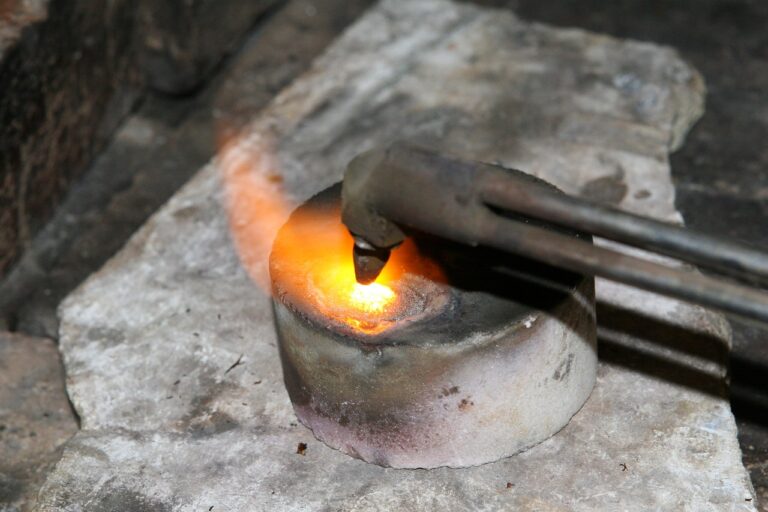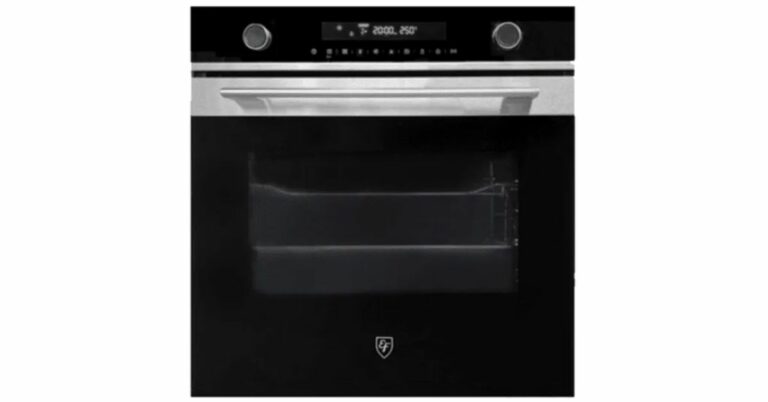Elevating Your Wine Experience: The Ultimate Guide to a Wine Cellar
A Wine Cellar is more than just a storage space—it’s a sanctuary for wine enthusiasts who appreciate the delicate art of aging and preserving their favorite bottles under optimal conditions. Whether you’re a seasoned collector or a casual drinker, having a well-designed wine cellar enhances your appreciation for wine by keeping it at the perfect temperature, humidity, and lighting. In this comprehensive guide, we’ll explore the essentials of creating and maintaining a wine cellar that elevates both your collection and lifestyle.
Understanding the Purpose of a Wine Cellar
A wine cellar serves as a climate-controlled environment that protects your wines from spoilage caused by temperature fluctuations, excessive light, or humidity imbalances. Wine is a living, breathing product that evolves over time, and even small changes in its environment can affect its quality. A properly designed wine cellar ensures that your bottles mature gracefully, allowing the flavors, aromas, and textures to develop as intended by the winemaker.
For serious collectors, a wine cellar is an investment that safeguards both value and taste. It provides a structured system for organizing bottles by region, vintage, or varietal, making it easy to manage and enjoy your growing collection.
Key Elements of a Perfect Wine Cellar
Creating an efficient wine cellar involves more than just stacking bottles in a cool room. Several factors work together to ensure proper wine preservation and aging.
-
Temperature Control
The most crucial aspect of a wine cellar is maintaining a consistent temperature. The ideal range for storing most wines is between 12°C and 14°C. Fluctuations outside this range can cause premature aging or spoilage. Using a specialized cooling system ensures stability and precision. -
Humidity Management
Humidity plays an important role in keeping corks moist and preventing air from entering the bottles. A humidity level between 60% and 70% is ideal. Too little moisture dries out corks, while too much can cause mold growth. -
Lighting Considerations
Wines should always be kept away from direct sunlight or strong artificial lighting, as ultraviolet rays can deteriorate both color and flavor. Soft, dim LED lighting is recommended for displaying bottles attractively without damaging them. -
Proper Shelving and Racking
Wooden or metal racks designed specifically for wine bottles help maintain stability and prevent movement. Horizontal storage keeps corks in contact with the wine, preventing them from drying out. -
Vibration Control
Vibrations disturb the delicate aging process. A good wine cellar minimizes exposure to mechanical movements by using stable flooring and placing the storage area away from heavy machinery or appliances.
The Benefits of Owning a Wine Cellar
Investing in a wine cellar comes with numerous advantages, both practical and luxurious.
-
Preservation of Quality: A controlled environment ensures your wines mature beautifully, maintaining their intended aroma and flavor profile.
-
Financial Investment: Fine wines often increase in value with age, and proper storage protects your investment.
-
Convenience and Organization: You can easily access and organize bottles for specific occasions without searching through cluttered cabinets.
-
Aesthetic Appeal: A well-designed wine cellar adds sophistication and elegance to your home, becoming a statement piece for gatherings and parties.
A wine cellar is not just about storage—it’s a reflection of your passion and appreciation for wine culture.
Designing Your Dream Wine Cellar
When designing a wine cellar, consider factors such as space, capacity, and aesthetics. Whether you have a small nook or a large basement, modern solutions make it possible to build a wine cellar that suits your lifestyle.
-
Space Planning: Measure available space carefully to determine how many bottles you want to store and what type of racking will fit.
-
Cooling Systems: Choose a reliable cooling unit designed specifically for wine storage. Brands like Chateau Wine Cooler offer innovative cooling solutions that integrate seamlessly into your design.
-
Insulation: Proper insulation maintains temperature and humidity balance, preventing outside air from disrupting the cellar environment.
-
Decor and Lighting: Incorporate stylish elements such as glass doors, LED lighting, and wooden finishes to elevate the visual appeal of your wine cellar.
If you live in an urban environment where space is limited, a compact or modular wine cellar can be an ideal choice. These units combine efficiency with elegance, allowing you to enjoy the full wine experience without needing a large area.
Wine Cellar Maintenance Tips
Maintaining your wine cellar is just as important as building it. Regular maintenance ensures that your wines continue to age under the best possible conditions.
-
Monitor Temperature and Humidity: Use digital sensors to keep track of environmental levels.
-
Clean Regularly: Dust racks and wipe surfaces to prevent mold or mildew buildup.
-
Check Seals and Insulation: Ensure that doors and panels remain airtight to avoid fluctuations in temperature.
-
Rotate Bottles Occasionally: For long-term storage, gently rotate bottles to prevent sediment from settling unevenly.
A consistent maintenance routine guarantees that your wine cellar remains an optimal space for preservation.
Modern Trends in Wine Cellar Design
Today’s homeowners are embracing innovation when it comes to wine storage. From sleek glass-enclosed designs to under-counter installations, there’s a style for every taste.
Smart wine cellars equipped with digital controls and mobile monitoring systems are gaining popularity, offering convenience and precision. They allow you to adjust temperature settings remotely and receive alerts if conditions change.
Eco-friendly designs are also on the rise, incorporating energy-efficient cooling units and sustainable materials such as reclaimed wood or recycled metal. These advancements make it easier than ever to maintain a wine cellar that is both functional and stylish.
Conclusion
A wine cellar represents the perfect fusion of passion, craftsmanship, and sophistication. It’s not just about storing wine—it’s about creating an environment where each bottle reaches its full potential. From precise climate control to elegant design, every element contributes to preserving the integrity of your collection.







